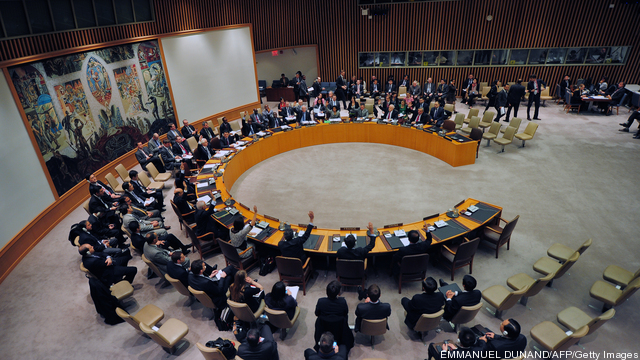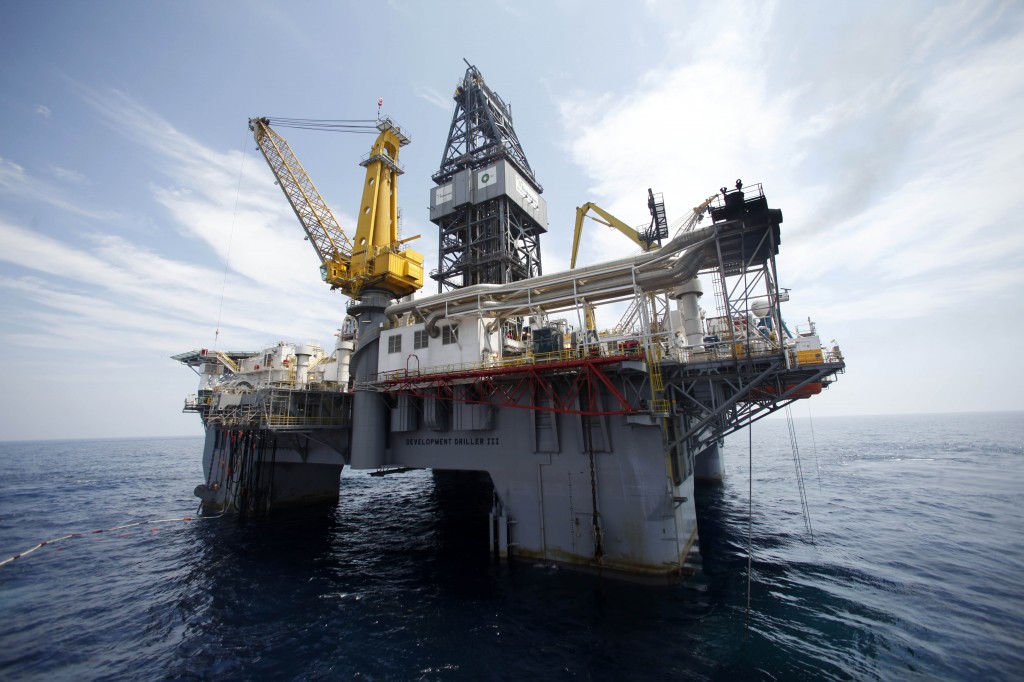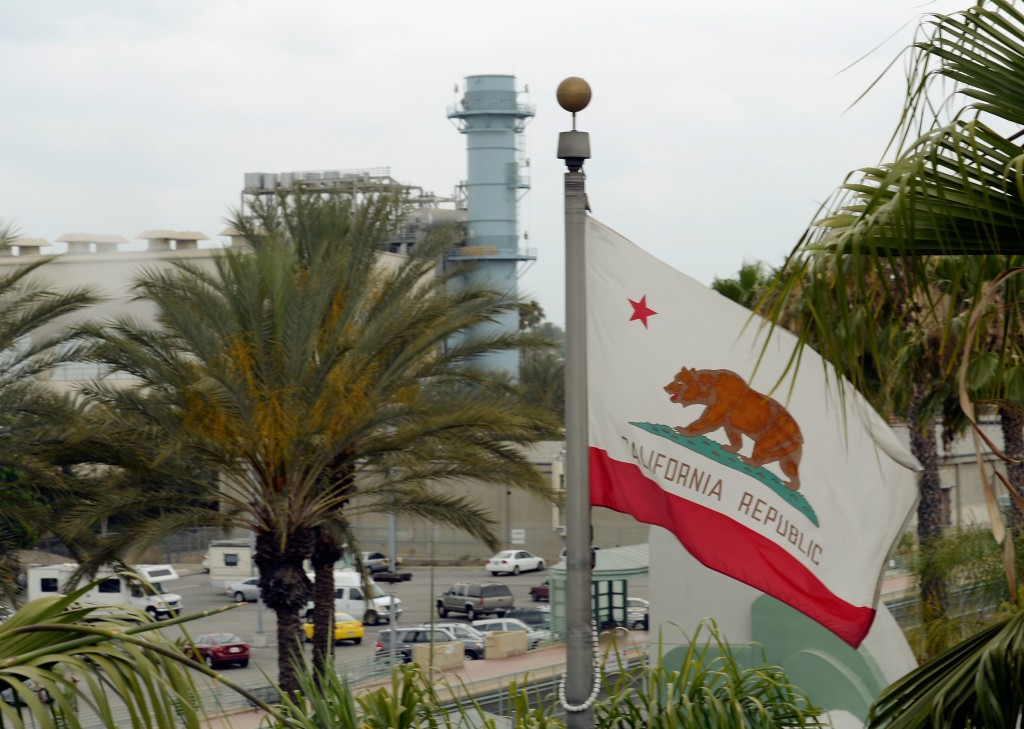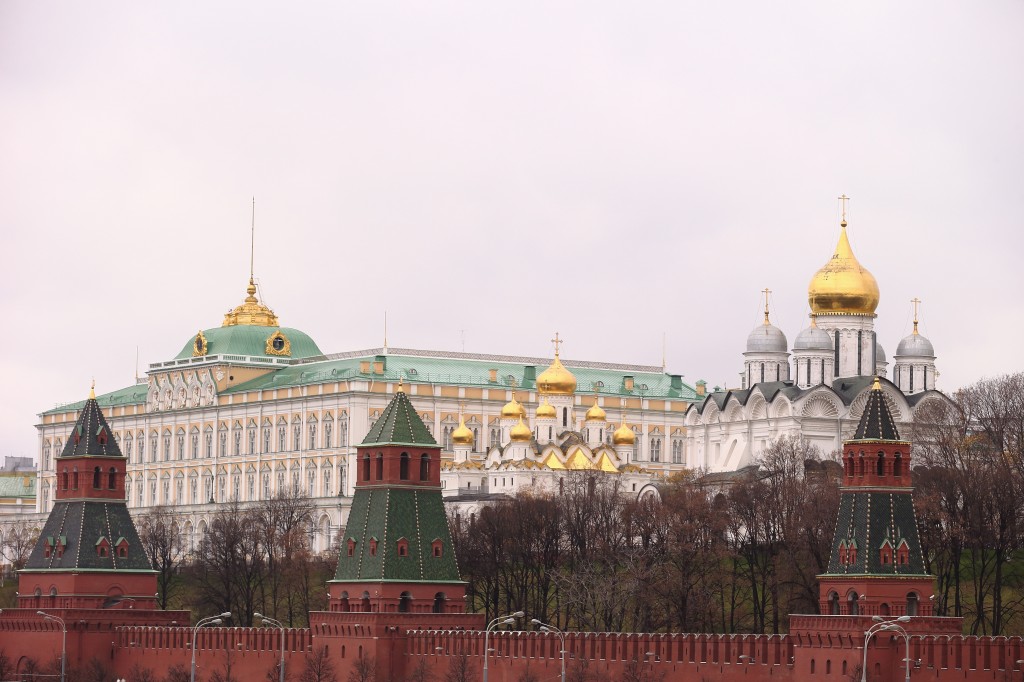Commissioner Philip Moeller of the Federal Energy Regulatory Commission (FERC) held a public meeting on September 18, 2014 to discuss ideas to facilitate and improve the way in which natural gas is traded and to explore the concept of establishing a centralized natural gas trading platform. Although not an official FERC conference, the ideas at issue were an extension of FERC’s recent focus on gas-electric coordination. During the well-attended meeting, Commissioner Moeller presided over a large roundtable discussion of stakeholders, including electric generation owners, natural gas producers, pipelines and marketers, who engaged in a spirited discussion of whether natural gas supplies are meeting the needs of electric generators and improvement in supply practices. The central focus of the meeting was the creation of a natural gas information and trading platform containing bids and offers for the purchase and sale of commodity and capacity for receipt and delivery on points across multiple pipeline systems.
JDSupra
FERC Commissioner Moeller Convenes Public Meeting Focusing on Resolving Natural Gas Supply Challenges for Electric Generators
By William Friedman|McDermott Will & EmerySign up and get Breaking Energy news in your inbox.
We will never sell or share your information without your consent. See our privacy policy.Update on U.S. Sanctions Relating to Ukraine
By Daniel Gerkin, Donald Smith, Jerome Zaucha | K&L Gates LLPPlease find below a summary of recent development regarding U.S. sanctions against Russia and a summary of the U.S. sanctions to date.
U.S. Sanctions
On September 12, the United States, in coordination with the EU, imposed additional sanctions against Russia in connection with events in Ukraine. Specifically,
the Office of Foreign Assets Control, U.S. Department of the Treasury (“OFAC”): (i) placed additional Russian persons on OFAC’s Specially Designated Nationals and Blocked Persons (“SDN”) list; (ii) placed additional Russian persons on OFAC’s Sectoral Sanctions Identifications List (“SSIL”); (iii) amended the bar on activities by U.S. persons relating to debt of SSIL-listed persons from the Russian financial services sector to cover new debt of more than 30 days maturity (previously the bar related to debt of 90 days or longer); (iv) imposed a bar on activities by U.S. persons relating to new debt of more than 30 days maturity of SSIL-listed persons from the Russian defense and related materiel sector; and (v) imposed a bar on activities by U.S. persons in support of deepwater, Arctic offshore, or shale exploration or production projects that have the potential to produce oil in Russia and that involve any person designated on the SSIL in connection with the bar; and
the Bureau of Industry and Security, U.S. Department of Commerce (“BIS”): (i) added five entities from the Russian defense or related material sector to the BIS Entity List; (ii) added five entities from the Russian energy sector to the BIS Entity List, which are now subject to an export licensing requirement for certain energy projects; and (iii) imposed an export licensing requirement on certain Commerce Control List items known to be destined to Russia for a military end use or user (expanding the current licensing requirement for such exports to China to also cover Russia).
Under the Dome: Inside the Maine State House
By Avery T. Day, John D. Delahanty, Andrea Cianchette Maker | Pierce Atwood LLPUnder the Dome: Inside the Maine State House provides a high-level overview of recent activity at the Maine State House. If you would like more specific information regarding an item in this newsletter or related to government relations, please contact a member of our Government Relations Practice Group: John Delahanty, Andrea Cianchette Maker, or Avery Day.
How To Integrate E-Discovery Into Business Processes In Five Steps
By Sheila Mackay | Xerox Litigation ServicesWith little notice, compliance officers, in-house counsel, and other legal professionals for organizations in the oil and gas industry may be required to hand over sensitive files in response to compliance, regulatory, or investigative requests. The continual increase in volumes and disparate types of electronically stored information (ESI), coupled with heightened government oversight and intervention, means the stakes and costs of complying with these requests have never been higher. When managed inconsistently, these requests pose a great risk.
As e-discovery—which involves identifying, collecting, reviewing, and producing responsive data in an investigation or litigation—converges with compliance, corporations must understand how to manage these processes to minimize exposure to costs and risks while maximizing the value of their data for business purposes. The best methodology consists of five steps that will incorporate e-discovery as a repeatable business process into the larger corporate compliance program.
California Governor Signs Historic Groundwater Legislation
By Kelsey Blegen | Best Best & Krieger LLPYesterday, Gov. Jerry Brown signed Senate Bills 1168 and 1319 (both Pavley, D-Agoura Hills) and Assembly Bill 1739 (Dickinson, D-Sacramento), which together establish the Sustainable Groundwater Management Act. The Act comprehensively regulates groundwater for the first time in California’s history.
United States Tightens Sanctions Against Russian Financial, Defense, and Energy Sectors
By Cristina Brayton-Lewis, Richard Burke, Claire DeLelle, Nicole Erb, Genevra Forwood, Tanya Hanna, James R.M. Killick, Sara Nordin, Charlotte Van Haute, Fabienne Vermeeren, Kristina Zissis| White & Case LLPOn September 12, 2014, the United States issued another round of targeted sanctions against the Russian financial, defense, and energy sectors. Today’s measures were a combination of new measures and modifications of prior measures issued pursuant to Executive Order 13662 (EO 13662), including:
– Financial Services Sector – Directive 1 has been modified to further restrict prohibited “new debt” with a maturity exceeding 30 days.
– Defense Sector – New Directive 3 prohibits “new debt” with a maturity exceeding 30 days issued by listed defense companies.
Deepwater Horizon Ruling Puts Focus on Prevention
By Gregory Linsin | Blank Rome LLPA US judge’s decision to slap BP with a finding of gross negligence in the Deepwater Horizon oil spill case could have a ripple effect on shipowners, maritime lawyers say.
Last week’s decision by District Judge Carl Barbier exposes the UK-headquartered energy giant to up to $18bn in fines for the 2010 drillship incident because, under the same US laws that cover tanker spills, civil penalties are quadrupled in cases of gross negligence compared with “ordinary negligence”.
BP is widely expected to appeal to the Fifth Circuit Court of Appeals, whose decisions are binding across most of the oil production belt of the US Gulf Coast.
Connecticut Department of Energy and Environmental Protection Releases “Evaluation of Risk-Based Decision Making” With Public Comment Open Until September 30, 2014
By Christopher McCormack | Pullman & Comley, LLCOn August 29, 2014, the Connecticut Department of Energy and Environmental Protection (DEEP) released “Evaluation of Risk-based Decision Making,” a report prepared by CDM Smith under contract to the state. DEEP has now announced that it will accept public comments until September 30, 2014, and will take the report and comments into account in formulating next steps in the multi-year initiative to “transform” Connecticut’s approach to remediating contaminated sites.
The report was prompted by a controversial proposal in the 2013 legislative session to lower the thresholds for requiring “significant environmental hazard” reports concerning contaminated properties. Although a version of that proposal was enacted as part of Public Act 13-308, the General Assembly also directed DEEP to “engage independent experts” to evaluate and recommend best practices in risk-based decision making for site remediation. DEEP must consider the resulting report and make recommendations for statutory and regulatory changes, specifically including the significant environmental hazard statute.
California Energy Commission Delays Compliance With Energy Disclosure Program For Smaller Nonresidential Buildings
By Sharona Toobian | Perkins CoieThe California Energy Commission (CEC) implemented the Nonresidential Building Energy Use Disclosure Program in two phases. The first phase took effect on January 1, 2014 and applies to nonresidential buildings of at least 10,000 square feet. While the second phase, which imposes disclosure requirements for nonresidential buildings of at least 5,000 square feet, was supposed to take effect on July 1, 2014, this disclosure timeline was just delayed two years. The CEC recently announced that the compliance date for the second phase has been pushed from July 1, 2014 to July 1, 2016.
U.S., EU Impose Sector-Specific Sanctions Against Russia
By Christine Savage, Iain MacVay, Mark Wasden, Jane Cohen, Sajid Ahmed, Shannon Doyle Barna, Clint Long | King & SpaldingRecently the United States and the EU imposed additional targeted sanctions against Russia in response to the ongoing conflict in Ukraine. Although previous sanctions issued by the U.S. and EU since March 2014 affect various sectors of the Russian economy, including Russia’s military industrial complex, the most recent sanctions target Russia’s financial and energy sectors.
U.S. Sanctions
Since March 2014, the United States has imposed visa bans on certain government officials and blocked property and interests in property of certain persons and entities that are stated to contribute to the situation in Ukraine. The most recent sanctions imposed restrictions on exports and re-exports of oil- and gas-related items for deepwater, Arctic offshore, or shale projects in Russia. These sanctions have been imposed primarily by the U.S. Treasury Department’s Office of Foreign Assets Control (“OFAC”) and the U.S. Commerce Department’s Bureau of Industry and Security (“BIS”).










